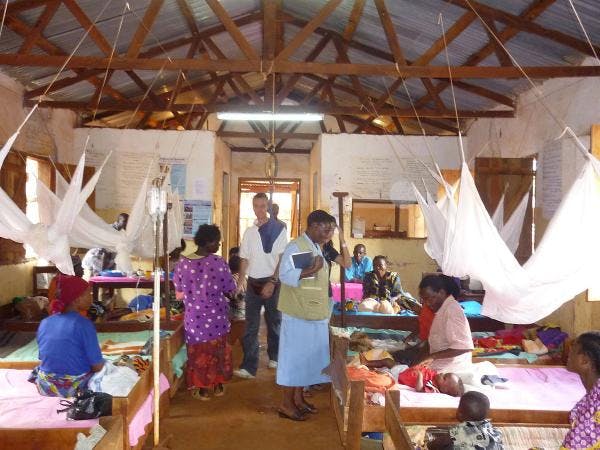Wikipedia - Olympia Wereko-Brobby - CC BY 2.0
La réduction des risques en action
Frontline AIDS explique la nécessité de réorienter les priorités, en passant de la criminalisation des drogues à l'équipement adéquat des services de santé et à des initiatives éducatives, afin de réduire les risques liés aux drogues. Pour en savoir plus, en anglais, veuillez lire les informations ci-dessous.
By Frontline AIDS
Billions of dollars have been spent on the ‘War on Drugs’. People who use and inject drugs have been criminalised, harassed and pushed to the fringes of society. However, the number of people using drugs has not decreased; and nor have drug-related harms. Of the estimated 11.3 million people who inject drugs worldwide, 12.6 % are thought to be living with HIV. Only countries that adopt a balanced approach of decriminalisation and harm reduction have seen steep declines in blood borne infections associated with drug use and in other harms, such as overdose deaths.
Most people who use drugs live in the shadows of society, reluctant to seek services. The threat of punishment pushes them underground. We back innovative and flexible community-based approaches, built around an understanding of the wishes, fears and needs of people who use and inject drugs.
COVID-19 has brought significant challenges for everyone, but marginalised groups have been especially hard hit. The barriers to health and wellbeing faced by people who use drugs have been exacerbated by this pandemic and the measures to mitigate it. This has not stopped our partners; they have shown their adaptability and found innovative ways to continue delivering services and support.
In many countries, drugs are harder to come by during COVID-19 lockdowns. More and more people have experienced sudden withdrawal as a result, but providers of OAT and other harm reduction services have been reluctant to take on new clients, and in some instances these services have been cut back or stopped altogether while resources are diverted to COVID-19.
